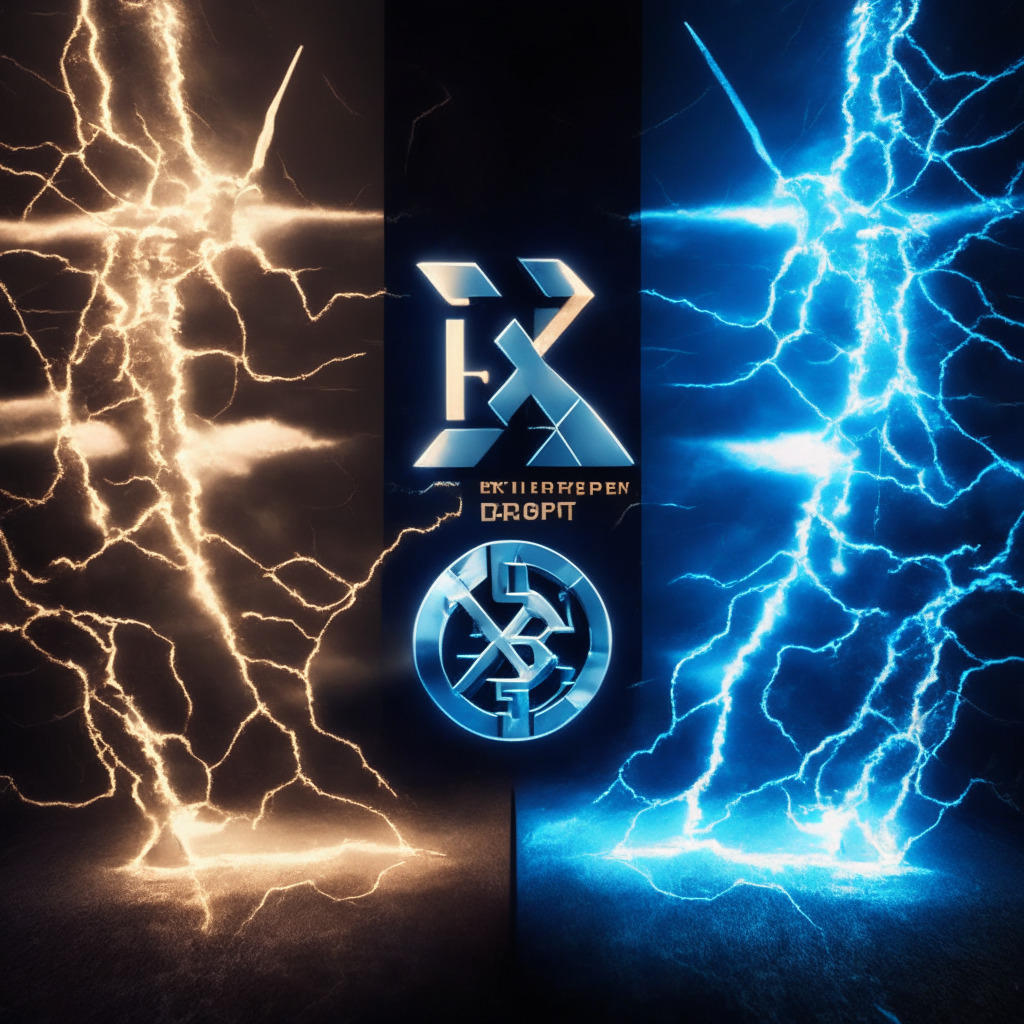Smart contracts have been a game-changer in the blockchain and cryptocurrency world. However, a growing school of thought posits we need to change their fundamental operation. While their transformative power is acknowledged, their role as the ultimate solution to widespread adoption is being questioned.
Part of the skepticism around smart contracts stems from notions their perfection is assumed and improving or further developing them is not considered, which could lead to their stalling, or worse, failure. Forward-thinking requires us to think beyond new technology to the potential bumps along the road, such as regulation and maximizing their value.
Concerns abound that smart contracts and the companies that build products around them are coming to a deadlock. The call for alternatives begs the question: is there a way to bridge existing gaps, paving the way for other options?
For instance, despite the growth of the Ethereum network and a slew of blockchain applications it hosts, the lack of Bitcoin support significantly hinders mass smart contract adoption. Furthermore, the lack of a simplified connection to mainstream finance through a smart contract framework is an issue. Crypto-fiat transitions facilitated by centralized intermediaries are against the decentralization ethos and introduce security problems.
Smart contracts aren’t immune to hacking risks. Implicit trust built into systems is a common opening for cybercriminals who exploit loopholes, code vulnerabilities, and improper key management to steal funds. The very controls of these smart contracts often lay in the hands of the development team, leading to ask if we can trust the team that made it as much as the contract itself.
This reality leaves us two paths – make critical adjustments to smart contracts to minimize attack routes or actively pursue alternatives. While smart contracts do have their benefits, notably enhancing an application layer and boosting generic functionality, they may not be the best fit to indefinitely hold funds.
As such, smart contracts may need to assume the role of “proof-of-concept” for broad adoption rather than the sole key. So, while recognizing their usefulness, let’s also explore other options and primitives. Regulators are well aware of these vulnerabilities, and as international blockchain regulation progresses, they are unlikely to turn a blind eye to these inherent technology risks, necessitating urgent mitigation of security and privacy hazards.
In conclusion, embracing the future of crypto necessitates constant dialogue with traditional finance about fiat interoperability and ease of access. This can only come to fruition by prioritizing such development and acknowledging the hurdles preventing its fruition. Embracing alternatives to smart contracts could be one such solution.
Source: Cointelegraph




